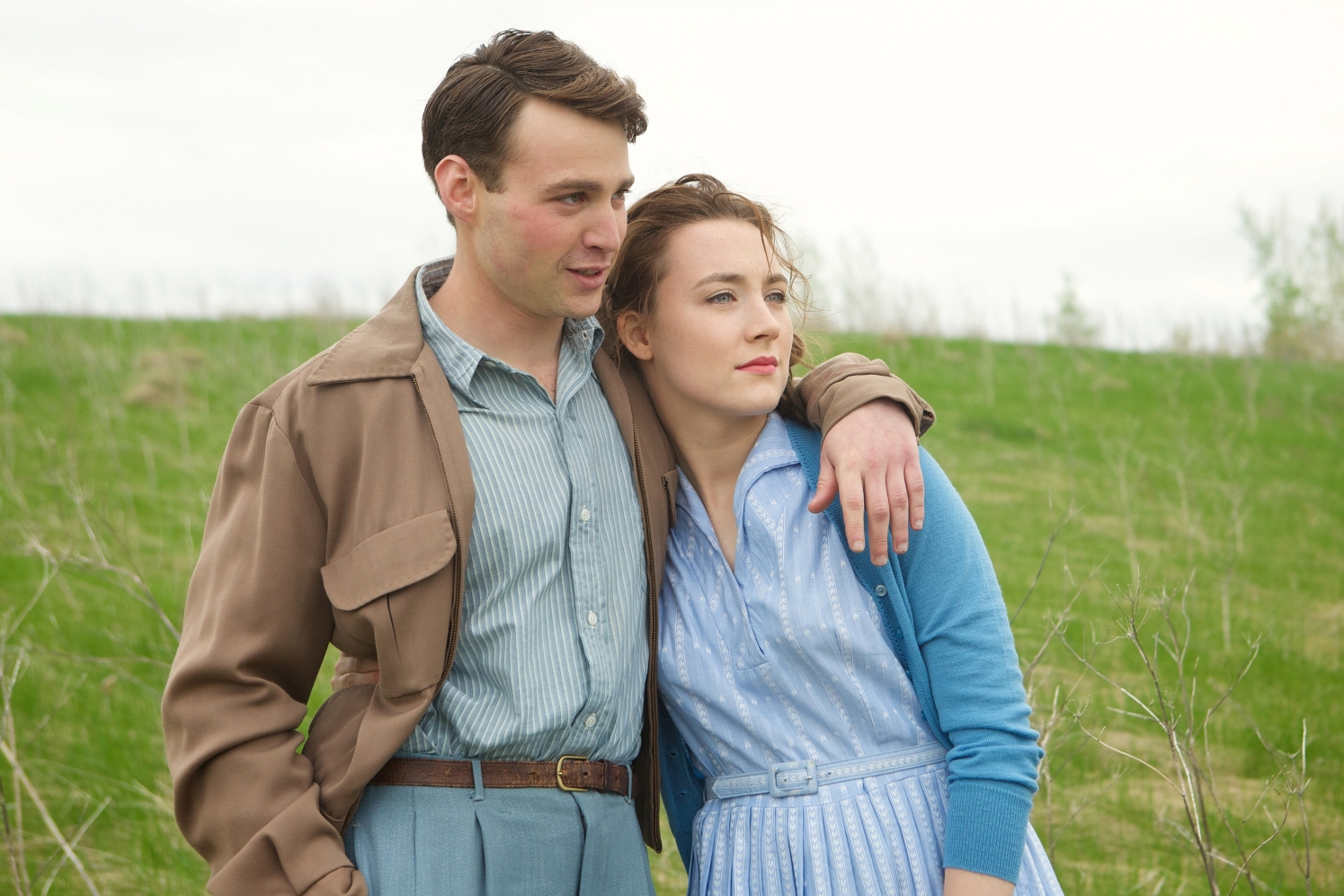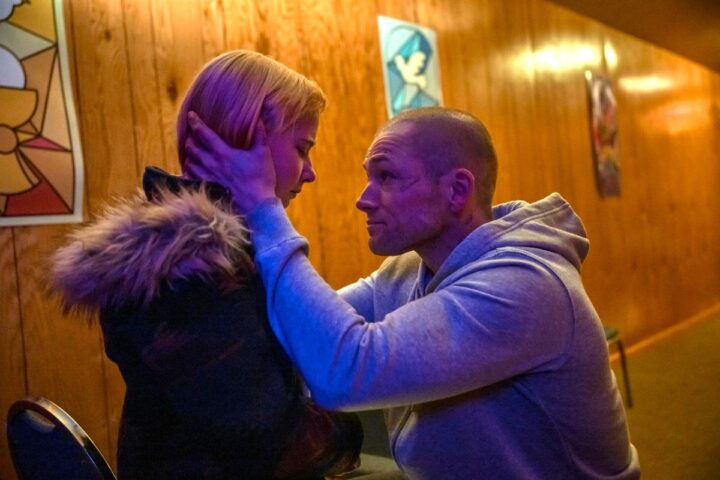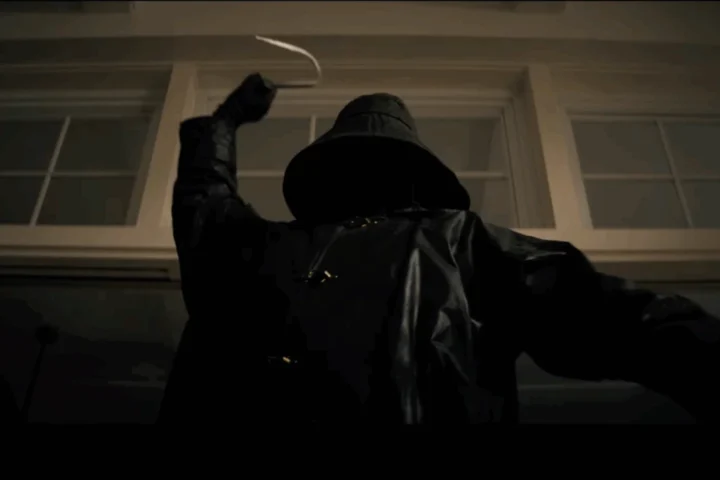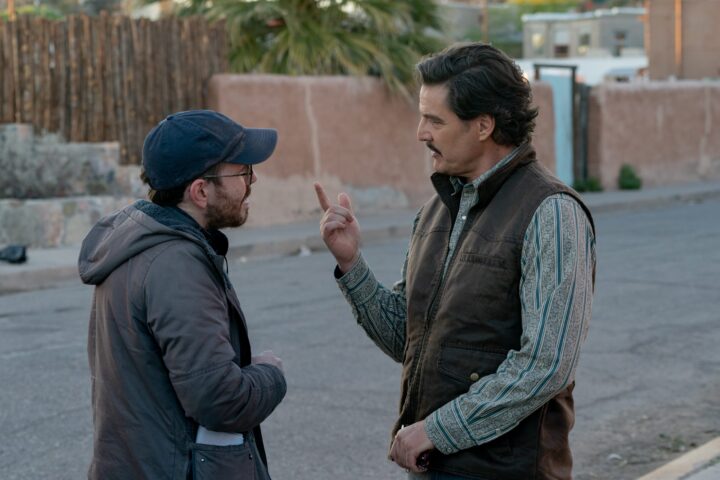The best movie of the year to date, Brooklyn is the kind of film they often say they don’t make any more, a near instant-classic of unabashed emotion about a simple people we come to love, and how they find their places in the world together.
Directed by John Crowley and with a screenplay by Nick Hornby, based on the 2009 novel by Colm Tóibín, Brooklyn stars Saoirse Ronan as a young Irish immigrant in the 1950s who leaves country and family for a job in America, then finds herself redefining her identity and definitions of home and love. It is a major performance in a major movie that, mark my words, is about to inspire great passion in moviegoers of all ages.
Ronan, Oscar-nominated for her debut as the child who told a devastating lie in 2007’s Atonement, followed that wise beyond her years turn with striking turns in Hannah, The Grand Budapest Hotel, Byzantium and the unfortunate The Lovely Bones.
None of those accomplished portraits made Ronan a star, nor did they prepare us for the maturity, sensitivity and empathy she would bring to Brooklyn. Hers is truly is the best female performance in an American film this year. What Ronan does here, transforming from frightened, Ellis Island arrival to confident and headstrong Irish-American woman with marriage and career and a life ahead of her, is nothing short of astonishing.
Brooklyn introduces Ronan as the reticent, respectful young Irish girl Eilis Lacey, grocery clerk with little future opportunity in her small rural town. With the assistance of her headstrong sister, Rose (Fiona Glascott) and a compassionate priest (Jim Broadbent) in America, Eilis makes the long sea voyage, alone, to Brooklyn, a place known to the Irish as one of great opportunity.
Studying accounting at night while working days in a local department store, Eilis lives in a women’s boarding house run with a comically iron fist by the great, commanding Julie Walters. It isn’t easy for Eilis—she lives for letters from Rose and finds herself exceedingly homesick.
This changes with the arrival of an endearing, kind hearted Italian-American plumber named Tony, played with exquisite sensitivity and reserves of emotion by Emory Cohen, who also deserves Oscar recognition for his vulnerable work here.
Tony symbolizes not just a boyfriend but a much-needed attachment to her new home, and he introduces her to his boisterous family, takes her to movies and to Coney Island, where she shows off her new emerald bathing suit. It isn’t long before the pair is looking at land on Long Island and ready for marriage. In one memorable scene he confesses his love, and Cohen makes those three most difficult words, very hard to render believably onscreen, just soar.
What happens next is as painful for us as for Eilis and Tony, as she is summoned back to Ireland under tragic circumstances. But certainly she’ll return, right? But once back in her hometown, Eilis surprisingly isn’t in a rush to get back to Brooklyn. Rather, she takes a temporary job bookkeeping while tending to her aged mother and entertaining the increasing affections of a well-to-do local Irish boy her age, played with restraint by Domhnall Gleeson.
But screenwriter Hornby isn’t interested in merely positing a simple story about two suitors. Instead, Eilis find herself directly confronting notions of home, and what that means, and how it factors into the immigrant experience as a person forms a new identity in a new land, passing not just across the sea but from childhood to adulthood.
What makes Brooklyn so special is its tenderness, abundant from the beginning of the picture and most of which flashes across Ronan’s expressively sympathetic face, whether longing for family, slowly falling for Tony’s charms and dealing with the harshest of family blows.
What Brooklyn does so beautifully is make you care, deeply, about its heroine and her predicament, in a way that hasn’t happened in the movies in years. Scene for scene I found myself choked up at the privilege of experiencing two indelible performances while meeting two warmly endearing characters.
The best time you can have at the movies is here—go now.
4 stars.



